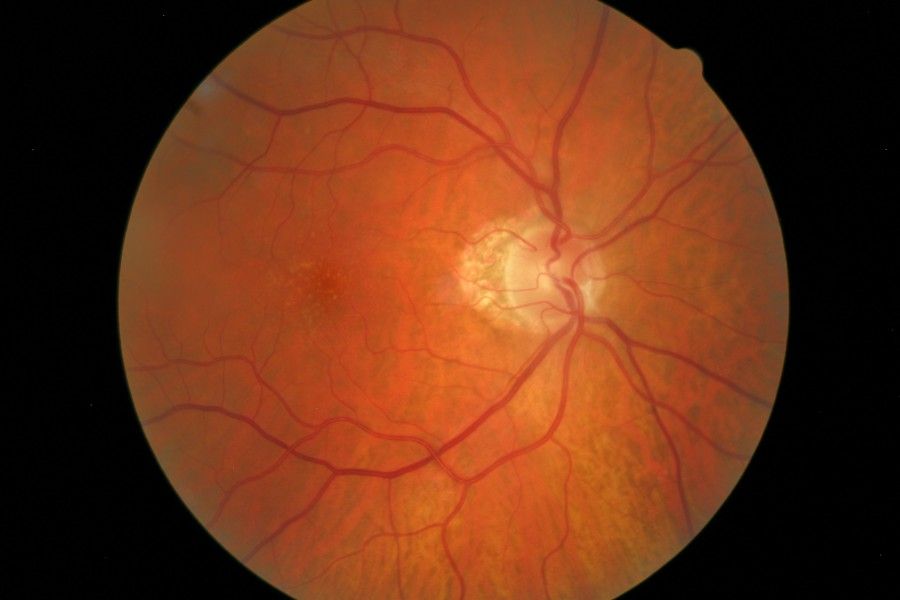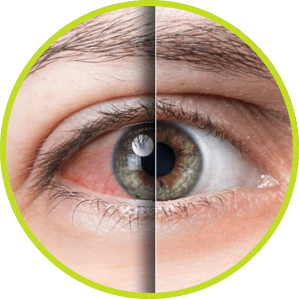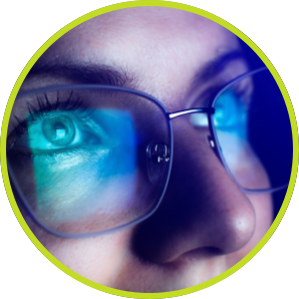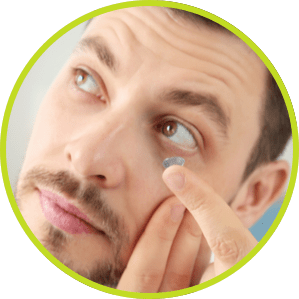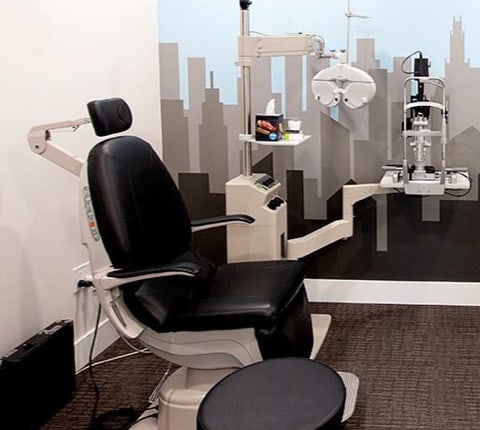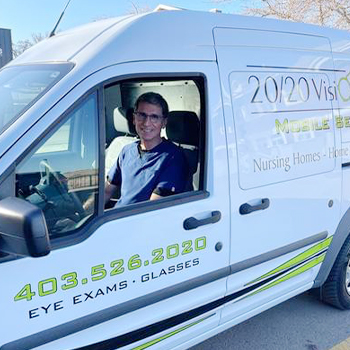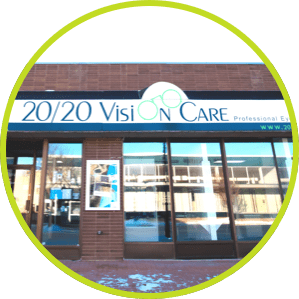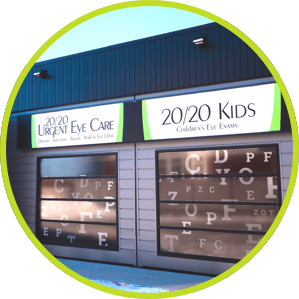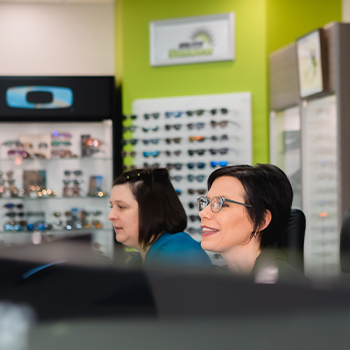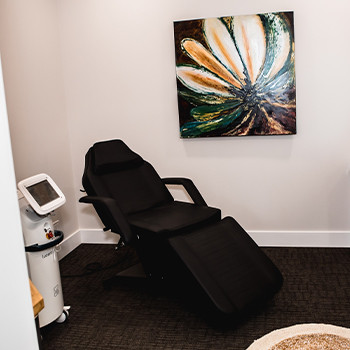Learn more about what macular degeneration is and how it can affect your vision.
Age-related macular degeneration is an ageing change and deterioration of the central vision area called the macula. The macula is the most sensitive part of the eye or retina’s inner lining and is responsible for our fine and detailed vision.
The macula is used for such tasks as reading, threading a needle and recognizing people’s faces.
The risk of developing macular degeneration is strongly tied to advancing age. Family history is also important. Hypertension, smoking, and sun exposure are also thought to be risk factors.
There are 2 forms of age-related macular degeneration, a “wet” type and a “dry” type. The “dry” type has a better prognosis. On average, this condition is slowly progressive.
Unfortunately, there is no cure for macular degeneration. There are several things, however, that you can do to help your eye doctor care for your macular degeneration.
Age-Related Macular Degeneration. What is it?
First, you should use an Amsler grid test and report any new vision changes or distortion of your vision. Secondly, you should take a special multivitamin supplement since there is some evidence to suggest that multivitamins may stabilize macular degeneration and slow its progression.
Finally, you should use sunglasses to avoid ultraviolet exposure. It is important to remember that patients with macular degeneration have difficulty only with their central vision. The peripheral vision is not affected and will always be useful to you.
(from Optometric Practice Information Systems)


